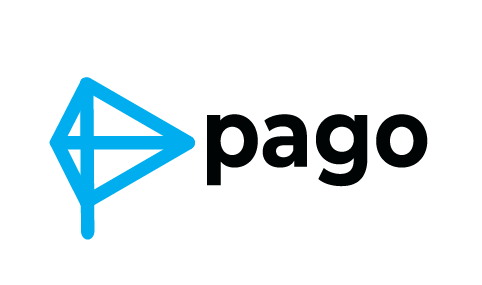Next-Generation SOC Demands Skilled Experts: Insights from DataNet Korea
- PAGO Networks

- May 28, 2025
- 2 min read

The evolving threat landscape and growing complexity of cybersecurity operations require not just advanced technology, but highly skilled security professionals to operate next-generation Security Operations Centers (SOC). A recent article by DataNet Korea underscores this reality, emphasizing that while technology and automation improve efficiency, the human element remains irreplaceable in modern SOC environments.
The article highlights that despite the proliferation of integrated platforms and AI-driven automation, many organizations still struggle with insufficient security personnel.
"AI is not a substitute for security experts but a tool to augment their capabilities, enabling faster policy development and strategic execution."
This perspective directly challenges the misconception that AI will reduce the need for skilled staff.
Within this landscape, Managed Detection and Response (MDR) services have emerged as a vital solution for organizations lacking in-house expertise. According to DataNet Korea, PAGO pioneered a realistic and comprehensive MDR service model in South Korea, now actively expanding across Asia.
The AI-driven MDR platform, PAGO DeepAct, integrates leading solutions including Aurora Protect (formerly Cylance), SentinelOne, Stellar Cyber and StealthMole delivering automated detection, response, and continuous threat hunting.
PAGO’s approach goes beyond technology integration. Their MDR service includes proactive threat hunting, policy tuning, and a user community that fosters shared intelligence and operational know-how. As PAGO’s CEO Paul Kwon explains,
“MDR requires a harmonious balance of technology, personnel, and processes. Our integrated platform, expert staff, and automation combine to deliver Asia’s leading MDR services.”

The article also draws attention to the growing adoption of SOC-as-a-Service (SOCaaS) and how they complement MDR by outsourcing broader SOC functions. With increasing regulatory complexity and sophisticated threats, these managed services enable organizations to maintain high security levels with limited internal resources.
However, the crucial bottleneck remains the shortage of qualified security personnel. The report cites a government survey revealing that only 7.6% of Korean companies hired cybersecurity staff in the past year, and many do not prioritize workforce expansion despite growing risks. This talent gap underscores the urgency for companies to invest in both advanced platforms and workforce development.

Industry experts quoted in the article reinforce the need to elevate SOC teams from mere technology operators to strategic security leaders. Heonju Lee from Zscaler Korea states,
“The choice is no longer which security tools to buy, but how to operate them effectively. Security professionals should focus on policy and strategy aligned with business needs.”
Igloo Corporation’s Kyuhwan Lee further stresses, “The SOC’s most vital asset is its people. AI’s role is to automate routine tasks and accelerate the growth of junior analysts into seasoned experts. Without skilled personnel, even the best technologies fall short.”
For IT professionals and business leaders alike, this analysis provides a clear call to action: invest comprehensively in technology, automation, and, critically, human expertise. PAGO Networks exemplifies how this balanced approach can transform cybersecurity posture delivering operational excellence and resilient defenses in today’s threat environment.
We recommend reading the full coverage from DataNet Korea here.



